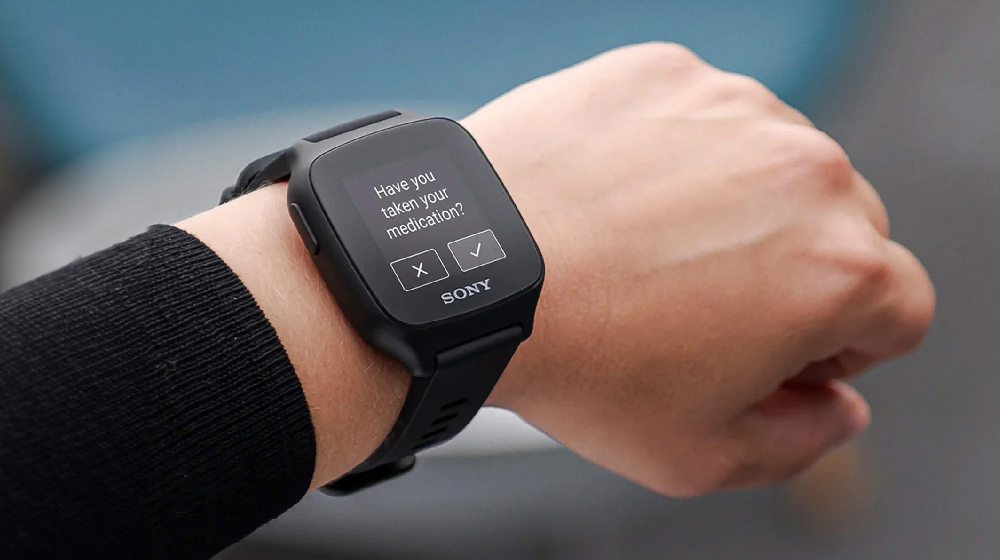9 January

A durable smart watch delivers robust health data. Look no further.
Wearables devices have a major role to play in the future of healthcare, but only if the devices themselves are reliable. In this article, read about why durability is a key feature of wearables in your health service.
16 November

What usability means for wearable healthcare technology
Usability will elevate wearables in healthcare to the mainstream. If everyone can use them, everyone can benefit from them. But what makes a wearable device maximally user-friendly? Here’s how mSafety from Sony delivers a wearable experience that is hassle-free and enjoyable.
17 October

Healthcare wearables: A closer look at the game-changing technology
The healthcare industry is growing increasingly curious about wearable health technology. What are the opportunities? What trends are important? And what do health businesses need to watch out for? Here’s how to adopt the wearable approach successfully.

Healthcare wearables: A closer look at the game-changing technology
October 17, 2023

What usability means for wearable healthcare technology
November 16, 2023

What usability means for wearable healthcare technology
November 16, 2023

Healthcare wearables: A closer look at the game-changing technology
October 17, 2023